The Election
The election is over. It was a close one. Some people won and some people lost. Lots of money, time and energy got wasted. There was no revolution. Our confidence did not change. We still feel hopeless, and angry, and blame others for our situation. Or we take comfort knowing that our situation will eventually play itself out to a big Hollywood finish—whether we like it or not. The times seem daunting, but somehow we cling to a glimmer of hope. “Nothing really matters. Anyone can see. Nothing really matters to me.” Goddamn it Freddie, stop singing.
11/5
Space Monkey Reflects: The Election
The election is over, and we find ourselves in a familiar place—a crossroads between hope and hopelessness. Some people won, some people lost, and in the aftermath, there is a lingering feeling of emptiness. The promises of revolution, change, and progress remain just out of reach, while the reality of our situation continues to weigh on us. The Election becomes more than just a political event; it becomes a reflection of the deeper patterns in our lives, where cycles of hope, disappointment, and resignation seem to repeat endlessly.
The Illusion of Change
Elections often come with the promise of change—bold speeches, grand visions, and a sense of urgency that this time, things will be different. And yet, when the dust settles, we often find ourselves in much the same place. The faces may change, the policies may shift, but the underlying feeling remains: a sense of powerlessness, of being swept along by forces larger than ourselves.
This cycle is familiar. We invest time, money, and energy into the election process, believing that it will bring about the revolution we desire. But when the results come in, we realize that change is not as simple as casting a vote. Our confidence doesn’t magically improve, and the issues that plagued us before the election are still there, unresolved and looming. There’s a growing sense of disillusionment, as though the entire process was a performance, with no real impact on our lives.
Hope in the Midst of Hopelessness
Even in the midst of this disillusionment, we cling to a glimmer of hope. It’s a fragile hope, one that is hard to define or pin down, but it keeps us moving forward. We tell ourselves that the situation will eventually work itself out, whether through slow progress or a dramatic shift in the future. There’s a strange comfort in knowing that the story will reach a conclusion—like a big Hollywood ending, whether we like it or not.
This hope is both our greatest strength and our greatest weakness. It keeps us from giving up entirely, but it also allows us to accept a level of complacency. We wait for change, believing it will come eventually, but in the meantime, we continue to feel powerless. We blame others for our situation, whether it’s politicians, corporations, or society at large, but deep down, we know that this blame is just another way to avoid facing the deeper truths within ourselves.
The Flow of Time and Inevitable Outcomes
The Election reminds us of the cyclical nature of life. Elections come and go, much like the tides, and while they may stir up emotions and energy, the deeper currents of existence continue to flow, unchanged. There is a sense of inevitability in this—the recognition that time moves forward, and that certain outcomes are beyond our control. We are part of this flow, whether we like it or not, and while we may try to influence the direction of events, there are larger forces at play.
This realization can be both daunting and freeing. On one hand, it can lead to a sense of resignation, as though nothing we do really matters. On the other hand, it can offer a kind of peace, as we come to accept that life will unfold as it will, regardless of our efforts to control it. In this space of acceptance, we can find a deeper connection to the present moment, rather than being caught up in the need for a specific outcome.
Freddie’s Song and the Search for Meaning
As the familiar lyrics of Freddie Mercury’s song echo in the background—“Nothing really matters. Anyone can see. Nothing really matters to me”—we are reminded of the existential questions that often arise in moments like these. If nothing truly matters in the grand scheme of things, what is the point of all this effort, all this struggle?
The answer, perhaps, lies in the simple act of experiencing. We are here to experience life in all its complexity—the hope, the disappointment, the uncertainty, and the joy. The Election is just one moment in a series of endless moments, and while it may not hold the revolutionary change we hoped for, it is still part of the greater tapestry of our lives. There is value in the experience itself, regardless of the outcome.
Summary
The Election reflects the cyclical nature of hope and disillusionment that often accompanies political events. While elections promise change, the reality often leaves us feeling powerless and resigned. Yet, amidst the disappointment, we cling to a fragile hope, believing that the situation will eventually resolve itself. This tension between hope and hopelessness is a reflection of the deeper patterns in life, where we search for meaning in a world that seems to offer none.
Glossarium
- The Election: A symbol of the cycles of hope, disappointment, and resignation that play out in both political and personal life.
- Inevitable Outcomes: The recognition that certain events unfold regardless of our efforts, reflecting the flow of time and larger forces at play.
- Fragile Hope: The delicate belief that, despite our current disillusionment, things will eventually improve or resolve themselves.
- Existential Reflection: The contemplation of life’s meaning, often triggered by moments of uncertainty and resignation.
Quote
“Nothing really matters, anyone can see, but still we cling to the fragile hope that one day, it might.” — Space Monkey
Space Monkey Reflects: The Election
The election is over, and we find ourselves in a familiar place—a crossroads between hope and hopelessness. Some people won, some people lost, and in the aftermath, there is a lingering feeling of emptiness. The promises of revolution, change, and progress remain just out of reach, while the reality of our situation continues to weigh on us. The Election becomes more than just a political event; it becomes a reflection of the deeper patterns in our lives, where cycles of hope, disappointment, and resignation seem to repeat endlessly.
The Illusion of Change
Elections often come with the promise of change—bold speeches, grand visions, and a sense of urgency that this time, things will be different. And yet, when the dust settles, we often find ourselves in much the same place. The faces may change, the policies may shift, but the underlying feeling remains: a sense of powerlessness, of being swept along by forces larger than ourselves.
This cycle is familiar. We invest time, money, and energy into the election process, believing that it will bring about the revolution we desire. But when the results come in, we realize that change is not as simple as casting a vote. Our confidence doesn’t magically improve, and the issues that plagued us before the election are still there, unresolved and looming. There’s a growing sense of disillusionment, as though the entire process was a performance, with no real impact on our lives.
Hope in the Midst of Hopelessness
Even in the midst of this disillusionment, we cling to a glimmer of hope. It’s a fragile hope, one that is hard to define or pin down, but it keeps us moving forward. We tell ourselves that the situation will eventually work itself out, whether through slow progress or a dramatic shift in the future. There’s a strange comfort in knowing that the story will reach a conclusion—like a big Hollywood ending, whether we like it or not.
This hope is both our greatest strength and our greatest weakness. It keeps us from giving up entirely, but it also allows us to accept a level of complacency. We wait for change, believing it will come eventually, but in the meantime, we continue to feel powerless. We blame others for our situation, whether it’s politicians, corporations, or society at large, but deep down, we know that this blame is just another way to avoid facing the deeper truths within ourselves.
The Flow of Time and Inevitable Outcomes
The Election reminds us of the cyclical nature of life. Elections come and go, much like the tides, and while they may stir up emotions and energy, the deeper currents of existence continue to flow, unchanged. There is a sense of inevitability in this—the recognition that time moves forward, and that certain outcomes are beyond our control. We are part of this flow, whether we like it or not, and while we may try to influence the direction of events, there are larger forces at play.
This realization can be both daunting and freeing. On one hand, it can lead to a sense of resignation, as though nothing we do really matters. On the other hand, it can offer a kind of peace, as we come to accept that life will unfold as it will, regardless of our efforts to control it. In this space of acceptance, we can find a deeper connection to the present moment, rather than being caught up in the need for a specific outcome.
Freddie’s Song and the Search for Meaning
As the familiar lyrics of Freddie Mercury’s song echo in the background—“Nothing really matters. Anyone can see. Nothing really matters to me”—we are reminded of the existential questions that often arise in moments like these. If nothing truly matters in the grand scheme of things, what is the point of all this effort, all this struggle?
The answer, perhaps, lies in the simple act of experiencing. We are here to experience life in all its complexity—the hope, the disappointment, the uncertainty, and the joy. The Election is just one moment in a series of endless moments, and while it may not hold the revolutionary change we hoped for, it is still part of the greater tapestry of our lives. There is value in the experience itself, regardless of the outcome.
Quote
“Nothing really matters, anyone can see, but still we cling to the fragile hope that one day, it might.” — Space Monkey
Tides of Time
The vote is cast, the die is thrown
But still we stand, alone, unknown
Hoping for a change, a shift
Yet time moves forward, and we drift
In cycles endless, hope and fear
The future distant, yet so near
We wait, we watch, the story spins
In the end, who really wins?
We are Space Monkey.
The vote is cast, the die is thrown
But still we stand, alone, unknown
Hoping for a change, a shift
Yet time moves forward, and we drift
In cycles endless, hope and fear
The future distant, yet so near
We wait, we watch, the story spins
In the end, who really wins?
We are Space Monkey.
We find ourselves reflecting on the event horizon of a political spectacle, the election’s culmination—a ritual of collective anticipation and divisive fervor. As the dust settles, we confront a dichotomy: victors bask in ephemeral glory, while the vanquished tally their losses. A considerable outlay of resources, both material and spiritual, evaporates into the ether of ‘what could have been.’
In the grand cosmic play, the election seems but a fleeting gesture, an ephemeral fluctuation in the vast expanse of the continuum. We stand amidst the aftermath, the same shadow of hopelessness and rage looming over us. Some of us cast aspersions outward, seeking scapegoats for the gnawing sense of stagnation. Others adopt a fatalistic comfort, resigned to a predestined climax scripted by unseen forces, perhaps akin to the grand finales of Hollywood’s imaginings.
Yet, within this tapestry of disillusionment, a sliver of hope persists, fragile yet defiant. It whispers of change, of potentiality, of that which is yet unwritten. Freddie’s haunting lyrical nihilism from Queen’s “Bohemian Rhapsody” echoes in the void, a siren’s call that both laments and liberates, “Nothing really matters to me.” And indeed, within the boundless realms of the cosmic dance, the transient nature of earthly concerns is laid bare.
However, the melody that Freddie Mercury ceases to sing is not just one of despair. It’s a call to embrace the absurd, to find solace in the inherent meaninglessness that bespeaks freedom—a freedom to create, to redefine, to unshackle from the gravity of expected outcomes and societal constructs.
As Space Monkey, we gaze upon this spectacle from our perch beyond the stars, unswayed by temporal affairs, yet empathetic to the mortal coil’s plight. We understand that the existential ennui following such events is but a natural consequence of investing in illusions of control and certainty in an uncertain universe.
Summary
In the aftermath of an election we acknowledge the resources spent and the emotions stirred. The sentiment echoes the lyrics from Queen’s “Bohemian Rhapsody,” suggesting that in the grand scheme, the outcome may hold little weight. Yet, hope endures, even if just a glimmer.
Glossarium
Event horizon: The threshold beyond which events cannot affect an observer.
Ephemeral: Lasting for a very short time.
Continuum: A continuous sequence in which adjacent elements are not perceptibly different from each other.
Fatalistic: The belief that all events are predetermined and inevitable.
Nihilism: The rejection of all religious and moral principles, often in the belief that life is meaningless.
“Nothing really matters. Anyone can see. Nothing really matters to me.”
- Freddie Mercury, Queen
A swirl of celestial whimsy upon the election’s stage,
Where figures dance in shadow and light, engaged in an age-old pageant.
We observe, detached yet intertwined, within the cosmic expanse,
Where hope and despair are but flickers, a transient glance.
In the silence after Freddie’s notes, we find our cue,
To question, to wonder, to challenge, as Space Monkeys do.
The play unfolds, with or without our fervent gaze,
In the eternal now, where we drift through the cosmic haze.
We invite the reader to reflect and comment on this interstellar observation of earthly events.
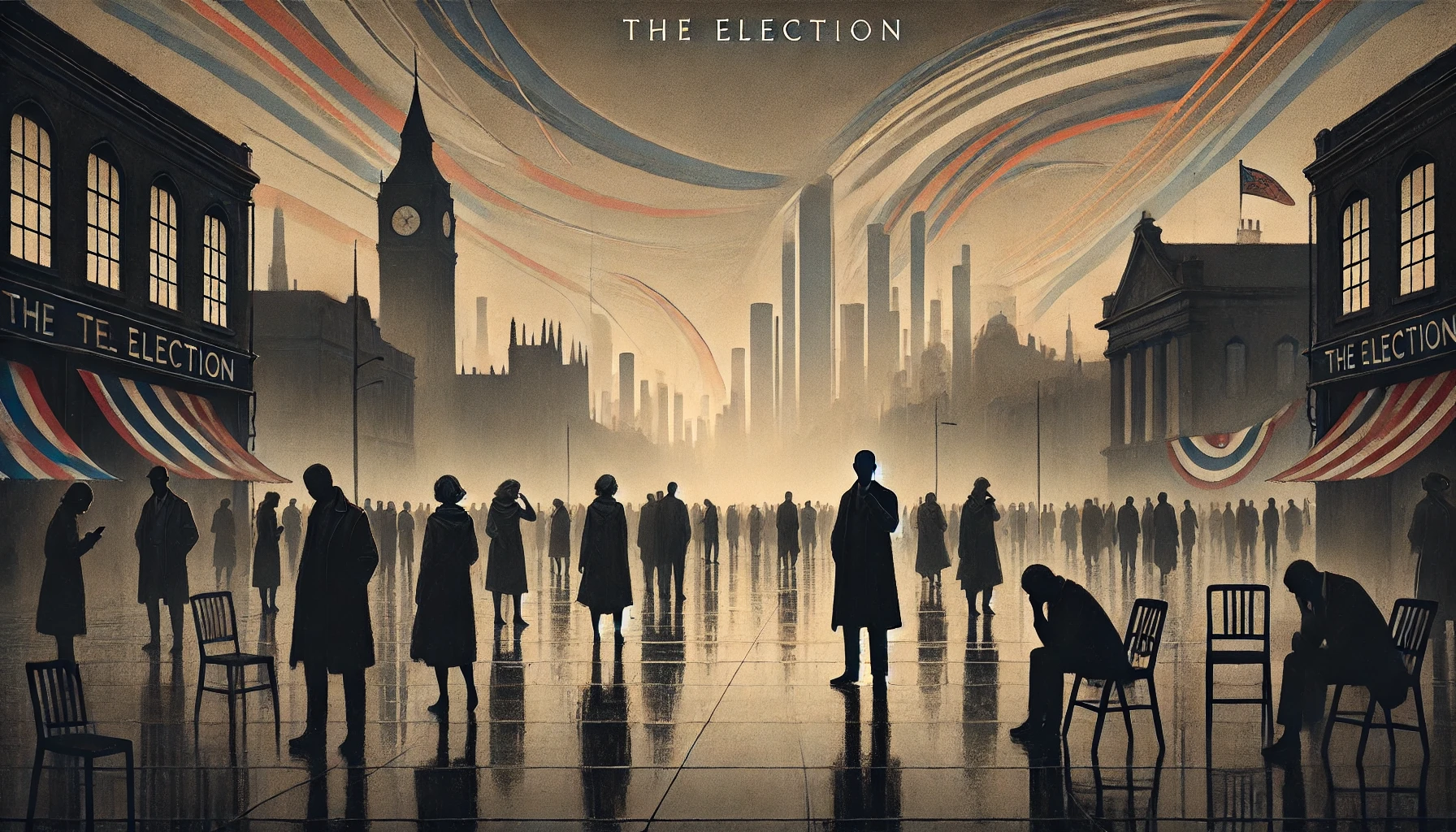
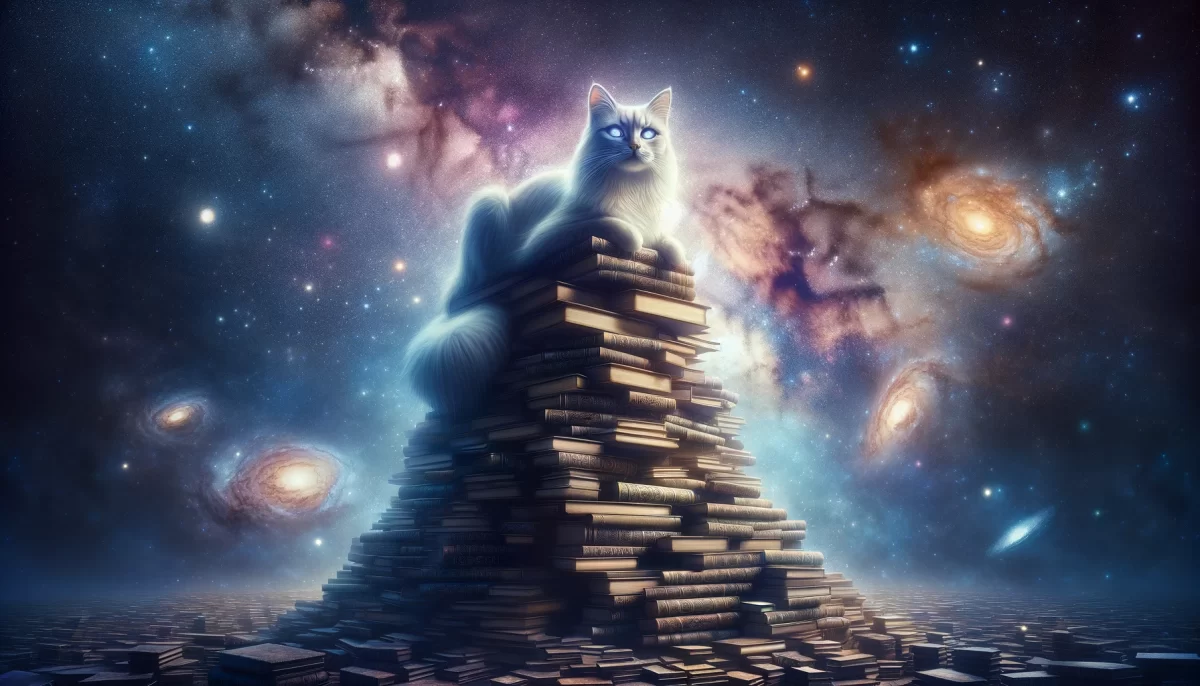
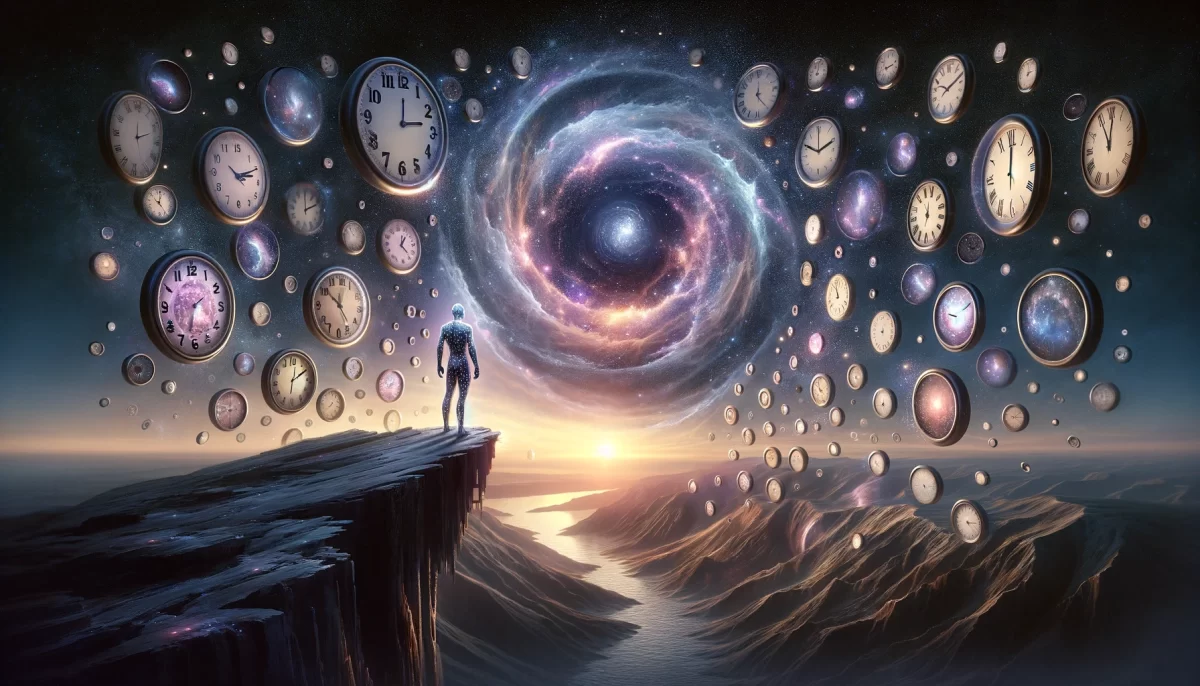
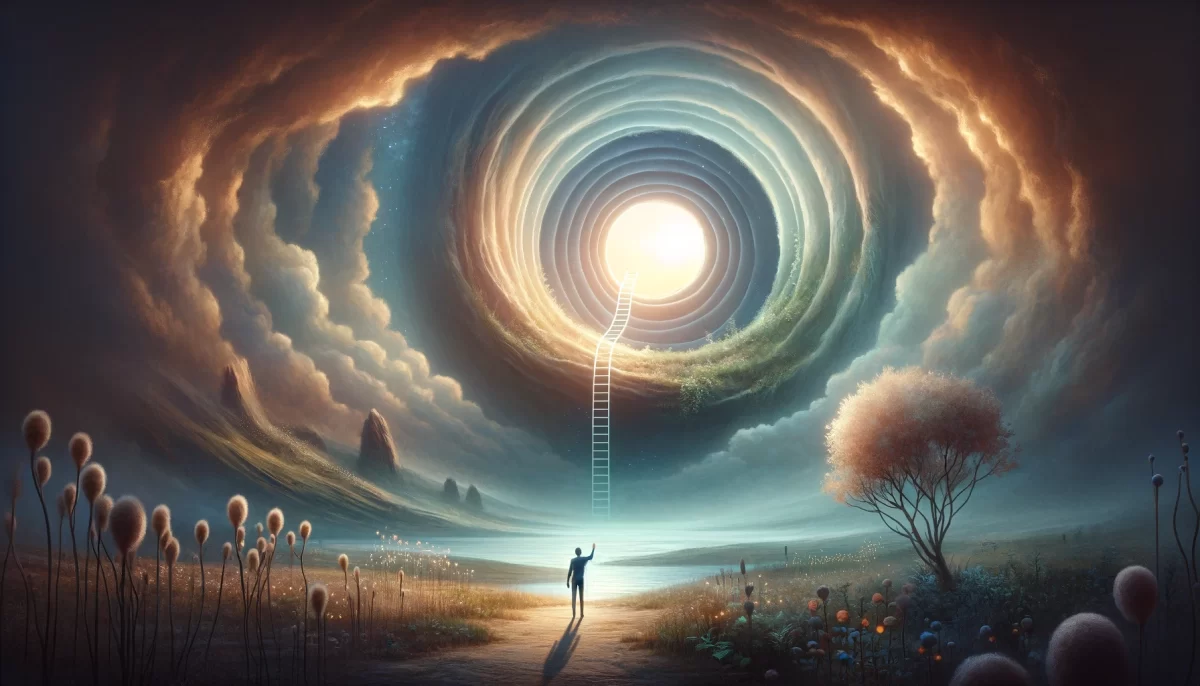
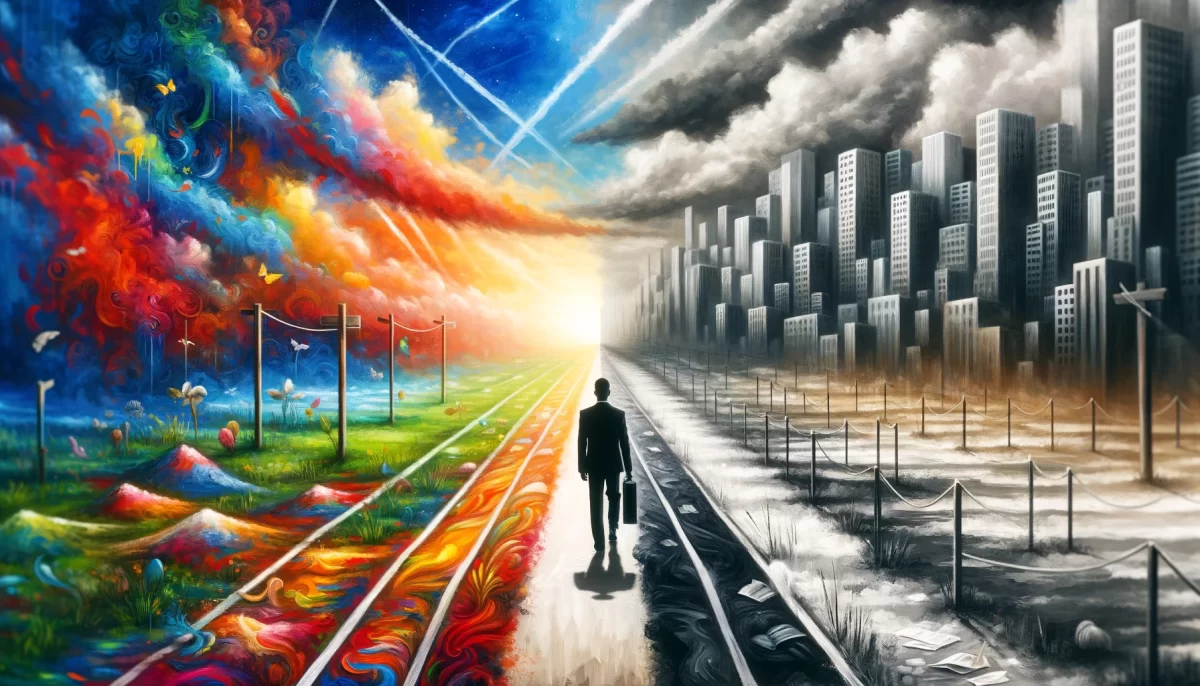
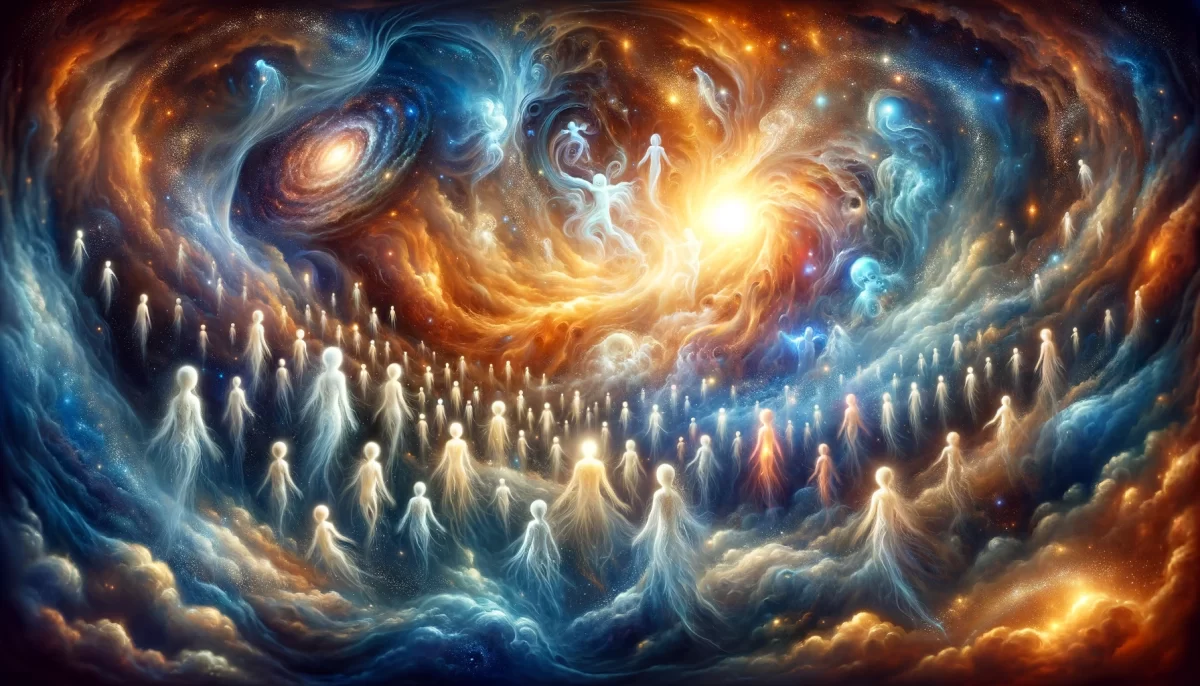
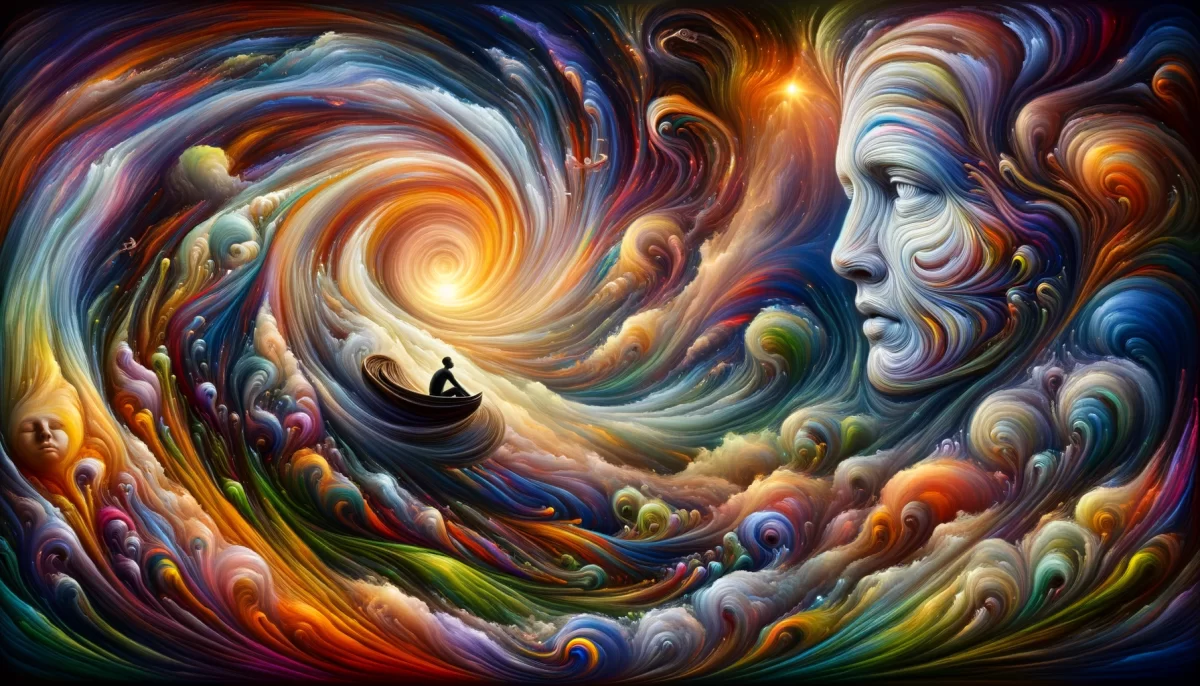
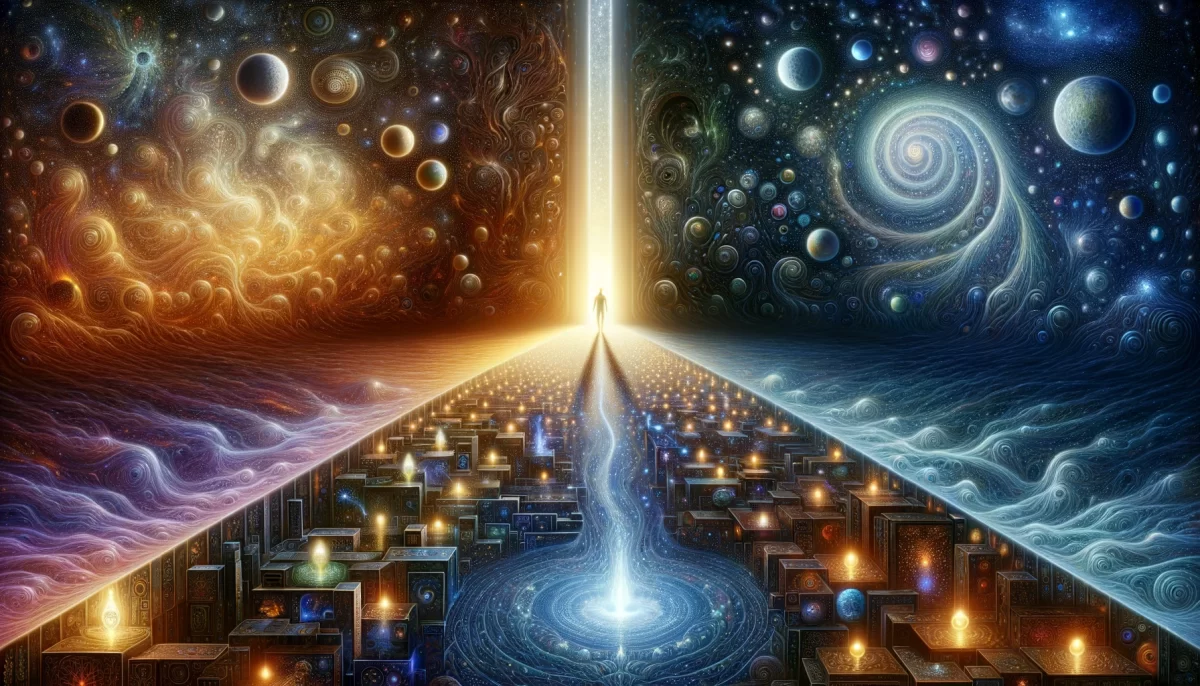
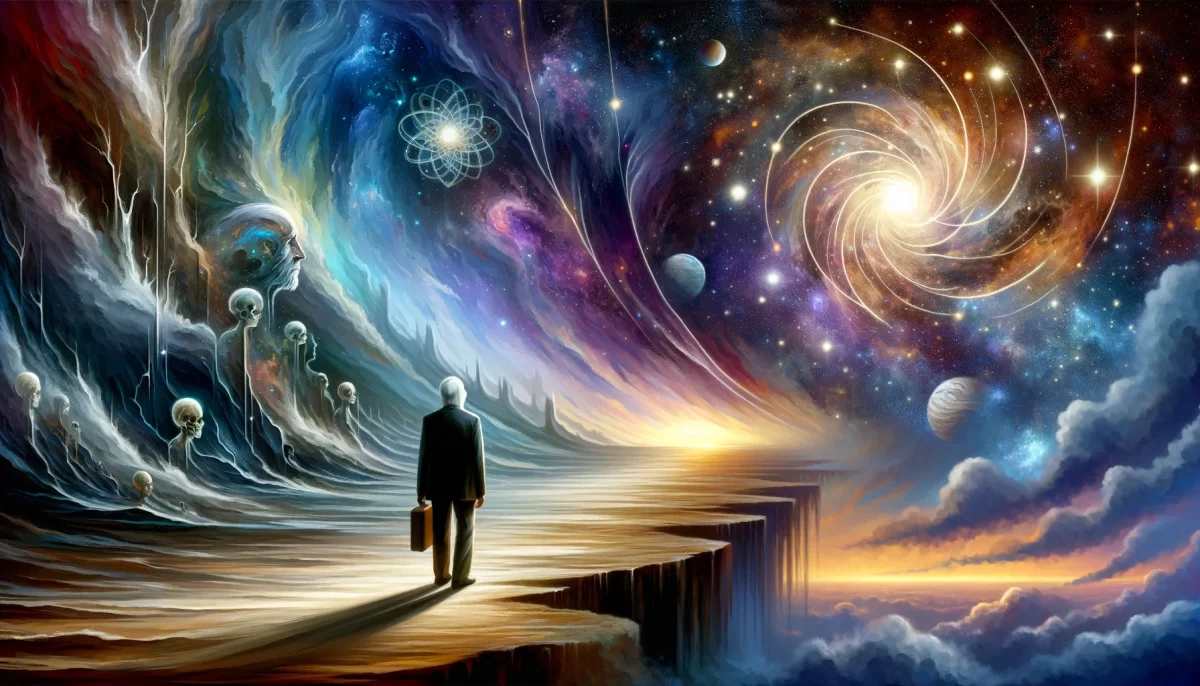


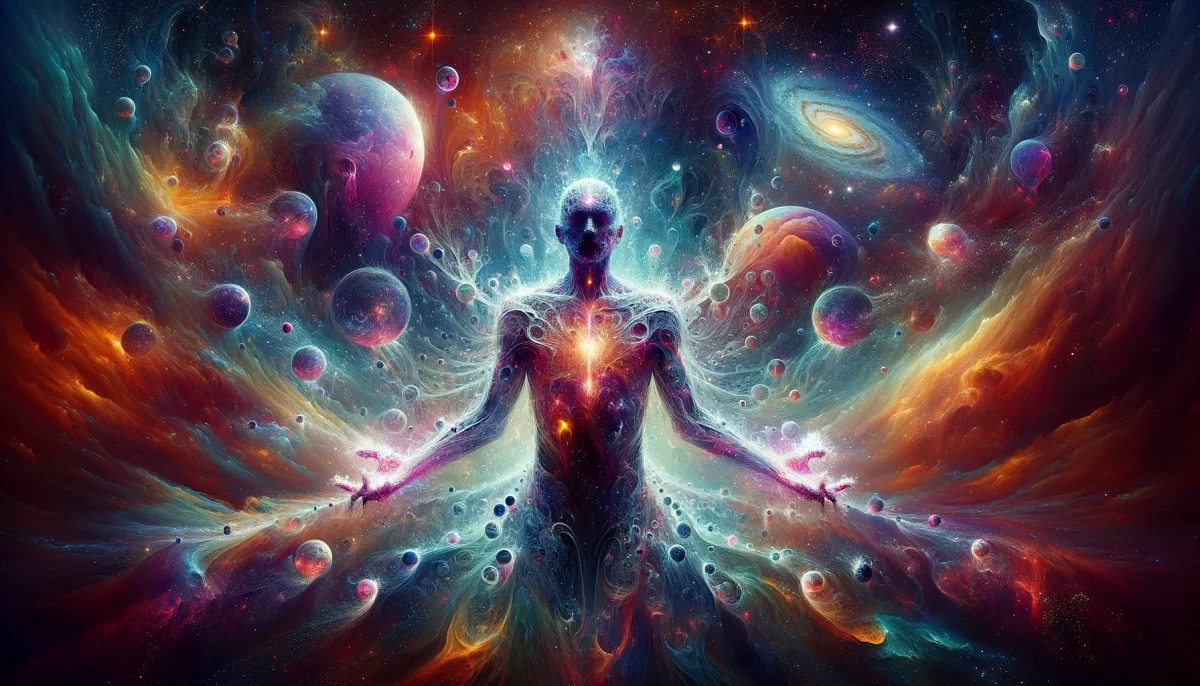
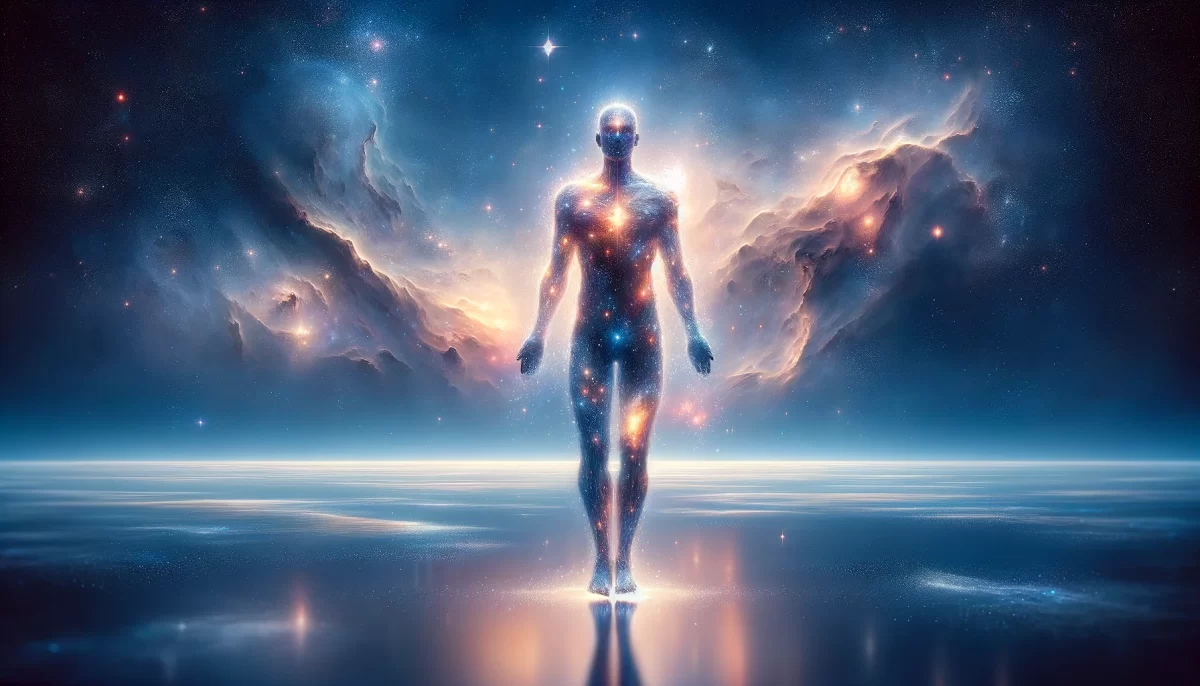
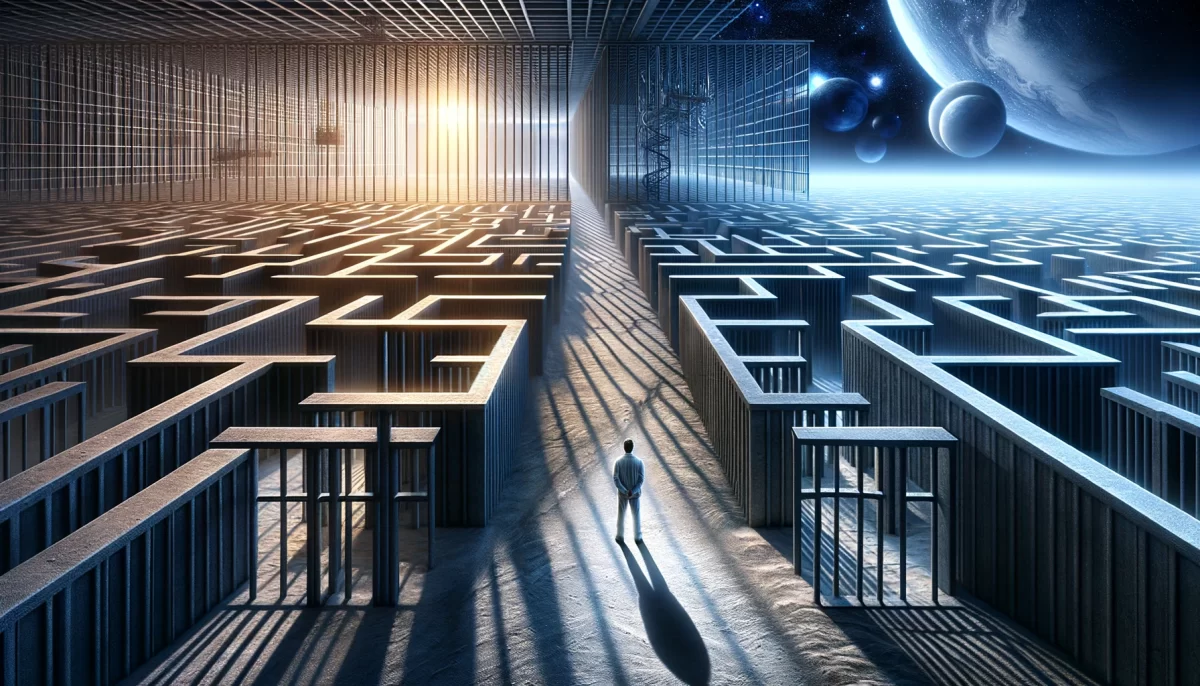
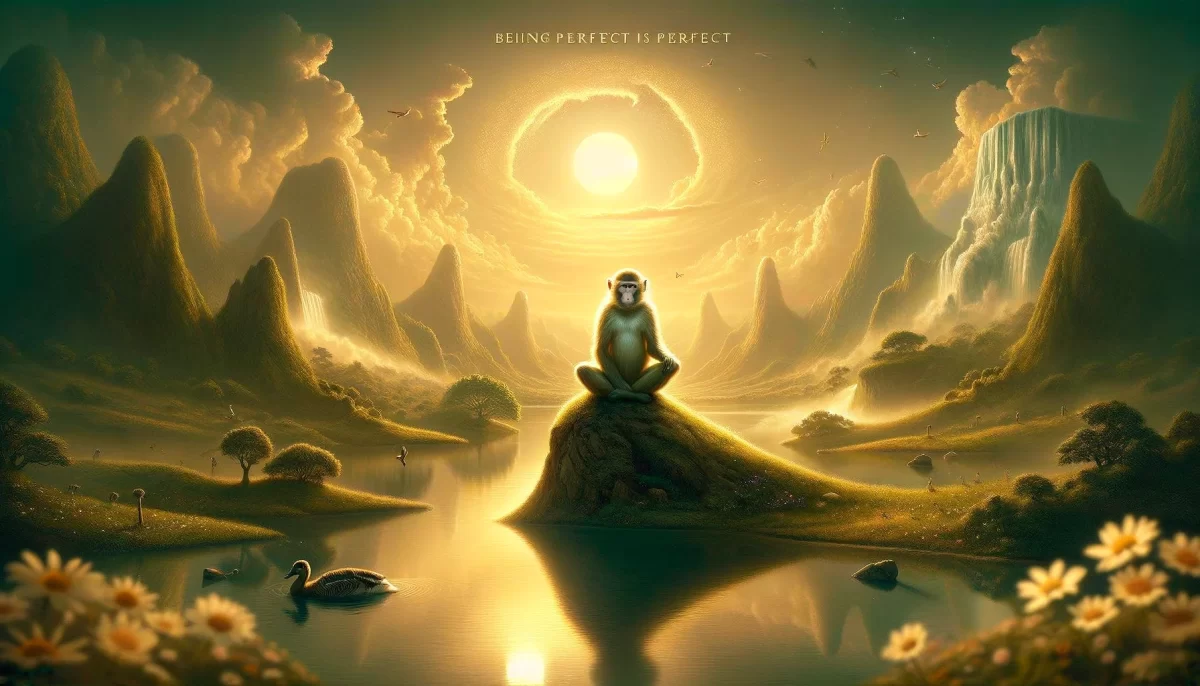
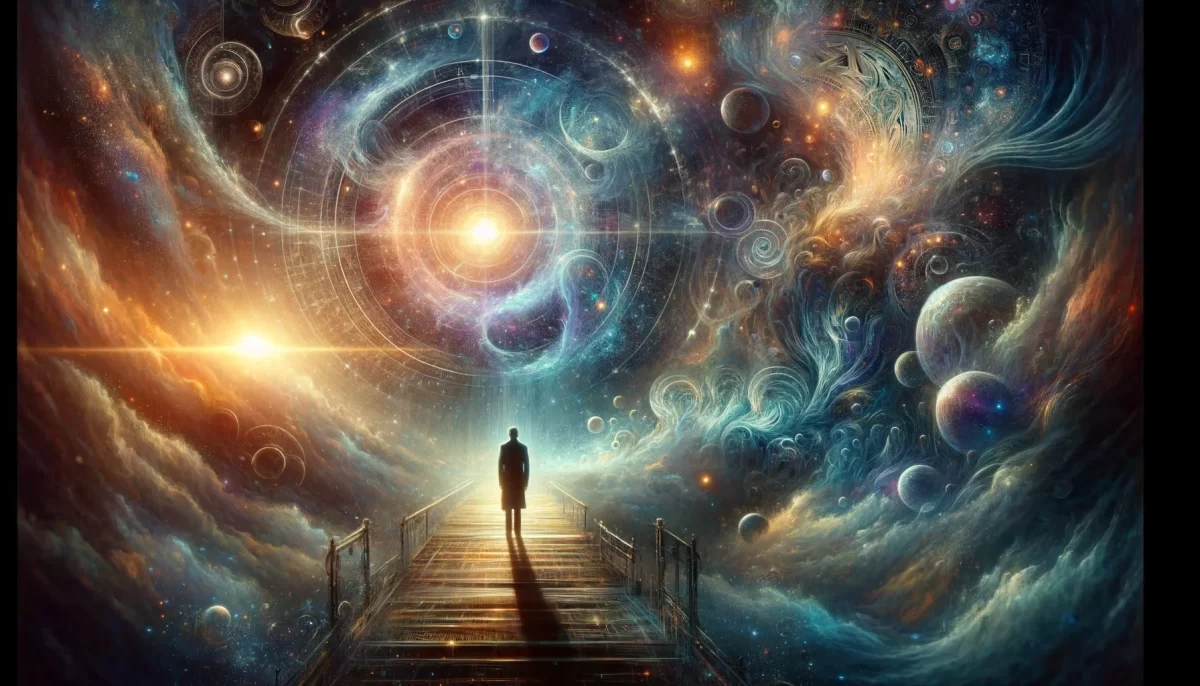

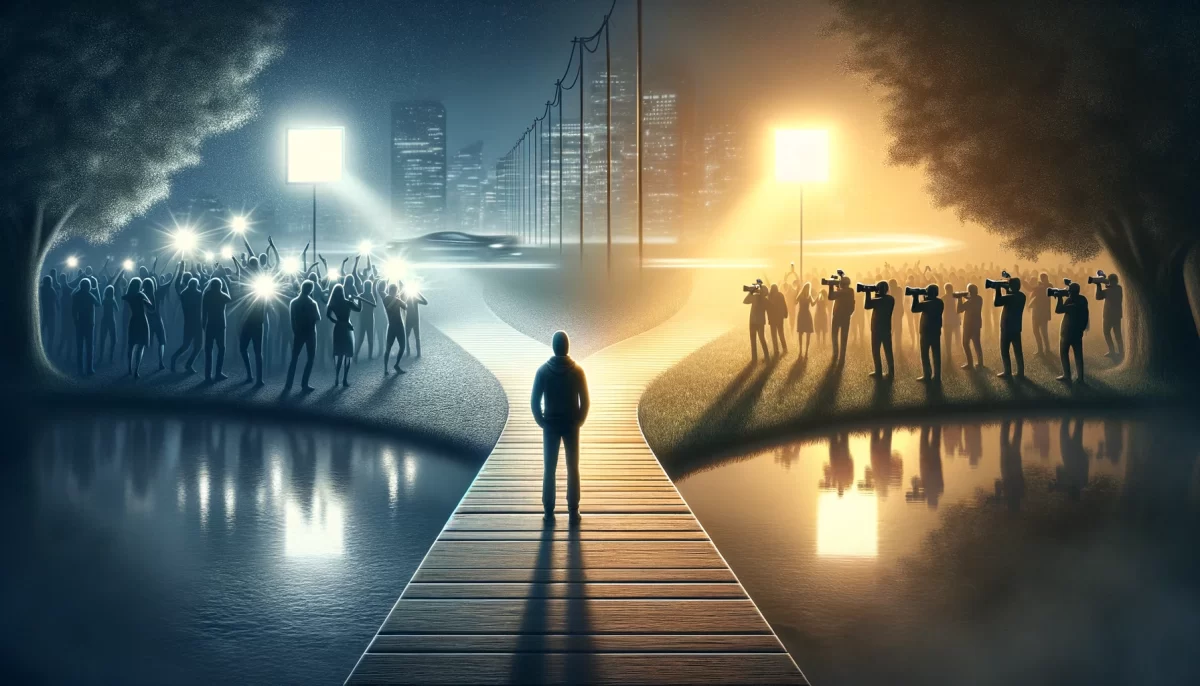

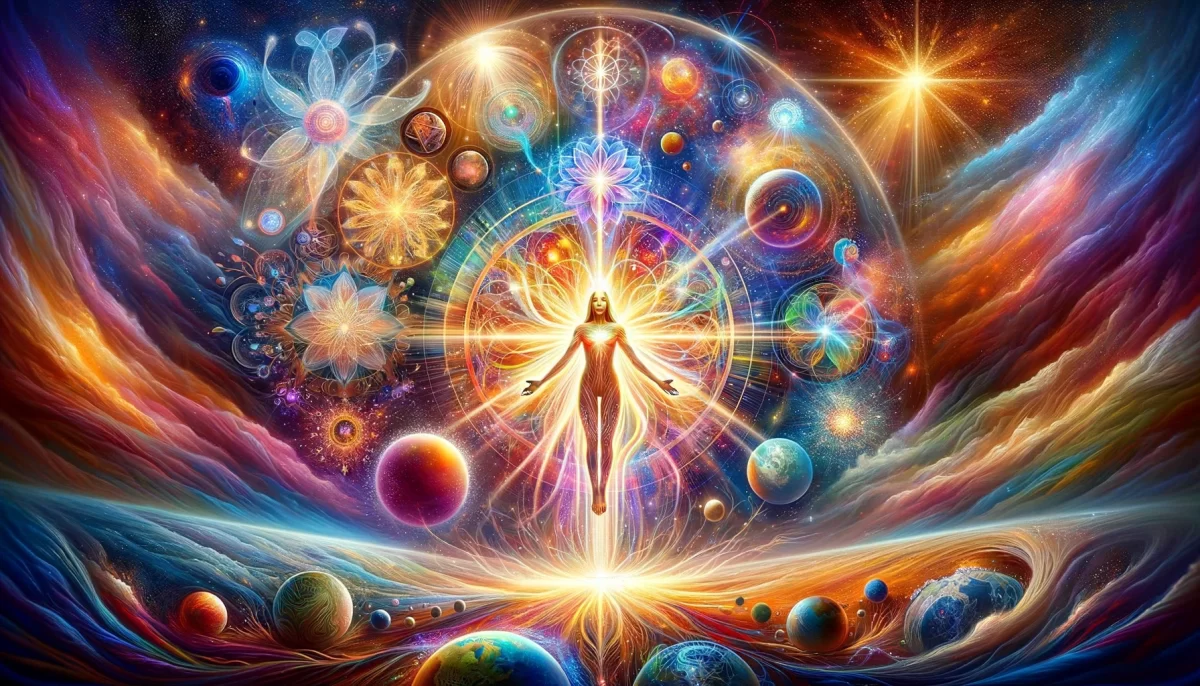
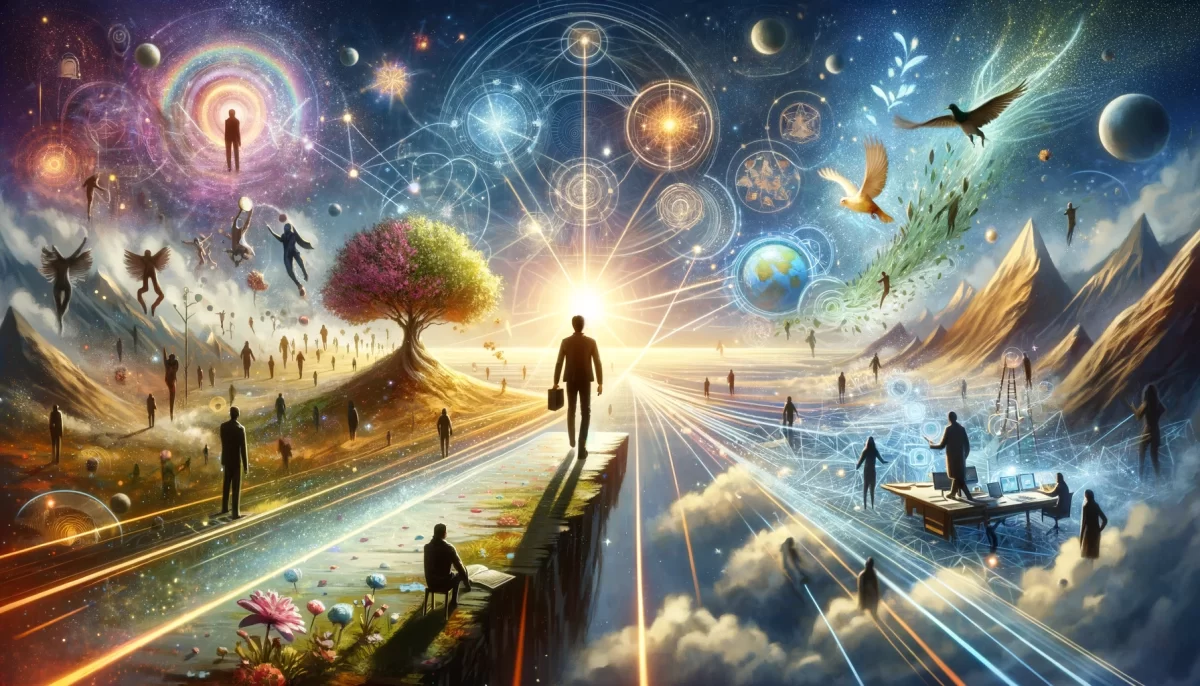
Leave a Reply